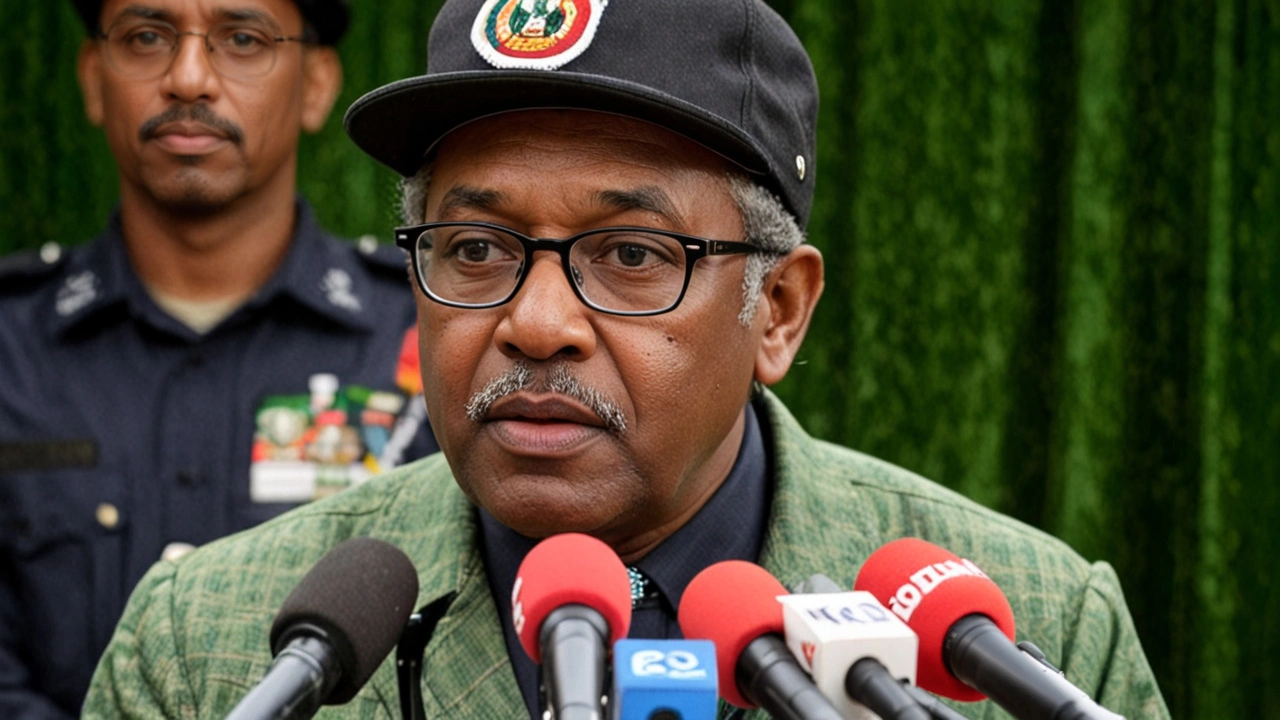Understanding the Islamic New Year and Its Celebrations in Cape Town
The Islamic New Year, also known as Hijri New Year, marks the beginning of the new year in the Islamic lunar calendar. Unlike the Gregorian calendar, the Islamic calendar is based on the moon cycles, so the date shifts about 11 days earlier each year compared to the Western calendar. This year, many Cape Town residents observe this important occasion with religious reflections and community events.
Why Does the Islamic New Year Matter?
This day commemorates the Hijra, the migration of the Prophet Muhammad and his followers from Mecca to Medina in 622 AD, which marks the starting point of the Islamic calendar. It's a time for Muslims to reflect on their journey in faith, set new spiritual goals, and remember the trials faced during that migration. People often attend special prayers, give charity, and spend time with family.
How Cape Town Celebrates the Islamic New Year
Cape Town, with its vibrant Muslim community, hosts various events to mark this day. Mosques hold special gatherings for prayers and sermons that highlight the history and lessons of the Hijra. There are also community breakfasts and cultural programs that bring people together to share food and stories. Though low-key compared to festive holidays, the day carries deep meaning and a sense of renewal.
If you're in Cape Town and curious about the Islamic New Year, local mosques and community centers often welcome visitors who want to learn more. It's a chance to connect with the city's rich cultural mosaic and appreciate the diversity that shapes life here.
Keep an eye on community calendars and news from Cape Town Daily Buzz for updates on public events and reflections around the Islamic New Year. It's more than just a date change—it's a reminder of resilience, faith, and fresh starts for many around the world and in our city.
Bauchi State Governor Announces Public Holiday to Mark Islamic New Year
Governor Bala Mohammed of Bauchi State has declared Monday, July 8, 2024, as a work-free day in honor of Al-Muharram, the first day of the Islamic Calendar. The decision supports Muslim residents in celebrating the Islamic New Year, underscoring the state's commitment to respecting religious diversity and traditions.

